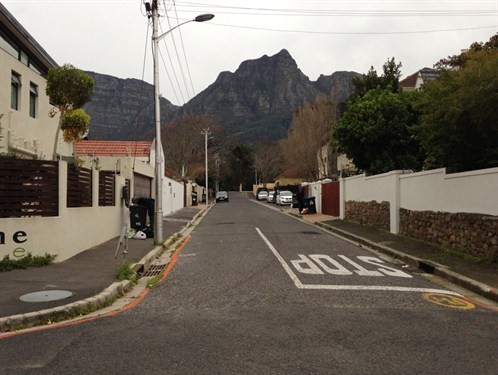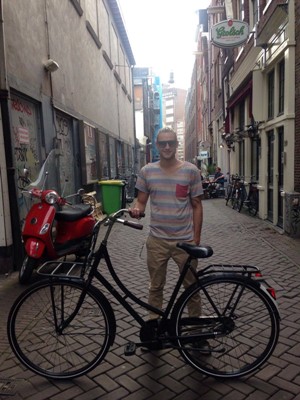UCT students shortlisted for RTPI student award

Kate Hogarth and Adam van Heerden, are two out of five students, who are shortlisted for a Royal Town Planning Institute Student Award in Research Excellence. They graduated from UCT in 2015 with a Master of City & Regional Planning degree from the School of Architecture, Planning & Geomatics. The winner will be announced on Wednesday 7 September at the annual UK-Ireland Planning Research Conference held at the Cardiff University.

Affordable housing in Cape Town tends to be located far away from economic opportunities, social facilities and public transport infrastructure, which reinforces inequality and inhibits efficient functioning of the city. This dissertation explores the current challenges in bringing well-located, affordable housing to market in Cape Town; the opportunities for greater private sector participation; and the public interventions required to enable actors to overcome these challenges and capitalise on the opportunities. These issues and interventions are gradually refined from a global scale to a local area, namely Parow train station precinct within the Voortrekker Road Corridor in Cape Town, South Africa.
Kate said, “I'm excited and honoured for my research to be recognised internationally, and I think it's a fantastic reflection on the high standard of education and research at UCT. I feel very fortunate to have benefited from world-class lecturers and resources.”
Kate is currently based in London, on a mission to experience cities and cultures around the world. She hopes to come back to South Africa with a broadened perspective, ready to contribute towards improving the quality of urban life.
Adam van Heerden was supervised by A/Professor Tanja Winkler, and his dissertation is entitled Valuing Waste and "Wasting Value: Rethinking Planning with Informality by learning from ‘Skarrelers’ in Cape Town’s Southern Suburbs.

This research involved genuine engagement with a highly marginalized subset – a group of homeless 'waste pickers'/'skarrelers' in Cape Town, who eke out a survival on the margins of prime urban spaces by either selling or re-using discarded waste material with value. Emphasis was placed on learning from research participants and planning 'with' informality rather than 'for' it, while exploring the multiple and complex variety of ways in which skarrelers' actions and movements are circumscribed, consequently impacting their abilities to transcend current living conditions. At the heart of this enquiry lay questioning the assumed value that models of participatory planning could contribute to both process and outcome, with findings suggesting that these particular values and desires may in fact be less universally applicable than planners have previously considered. Equally important however, was the finding that an ethic of care and justice may in fact be more broadly applicable base values when engaging and mobilizing marginalized groups around public planning agendas.
